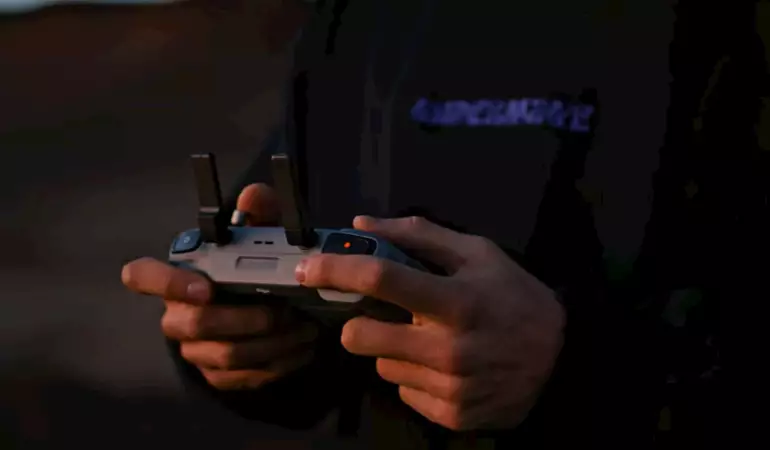Good news for DJI drone pilots: no-fly zones are being abolished in the US
Chinese UAV company DJI has lifted its geo-restriction system that prevented drones from flying over certain areas of the US. For example, nuclear power plants, airports and fire zones.
January 15, 2025 16:22
How will the new rules be implemented?
DJI announced on its blog that from 13 January, the previously known as "no-fly zones" or "no-fly zones" will be designated as "Enhanced Warning Zones", corresponding to the territories defined by the US Federal Aviation Administration (FAA).
For those travelling to the US, it is worth noting that the DJI Fly app will display warnings around these zones, but will no longer block users from flying in these areas.
"Alerts in the app will notify operators flying near FAA-designated controlled airspace and return control to the hands of drone operators, in accordance with regulatory principles," DJI wrote.
The company added that technologies such as remote identification give authorities the tools they need to enforce existing regulations.
DJI's decision has received mixed reviews
However, this announcement by DJI is unexpected given that the US is already sceptical about DJI. The Chinese company could even be banned from selling its products in the US next year.
Small drones are a problem
There is also a problem with drones weighing less than 250 grams, as the DJI updates have removed their geographical protection (GEO).
Such drones will now be able to fly in restricted areas and remote identification can be disabled on them.
The problem is that there has already been an incident where a DJI drone weighing less than 250 grams damaged a firefighting plane in Los Angeles and temporarily put it out of formation. So the drone may not have transmitted a remote identification and the FBI had to launch an investigation to find out who was operating the drone.
From now on, only the operators will be responsible for flights in no-fly zones. DJI stresses that pilots will have to ensure flight safety and comply with local laws, while permission to fly in restricted areas will have to be obtained directly from the FAA.
DJI's former head of policy, Brendon Schulman, criticised the company's move on the X network.
"Over the years, there has been strong evidence that automatic geo-restriction of drones, implemented through a risk-based approach, has contributed significantly to aviation safety", he wrote.




